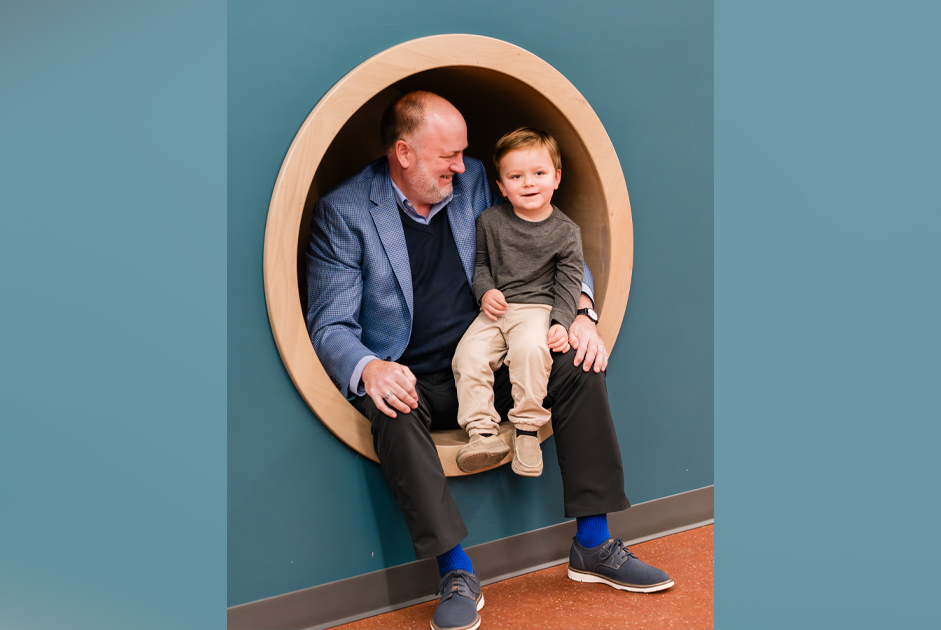The beginning of a new school year can be an exciting, yet busy time. There are the back-to-school shopping trips, events and getting back into a routine. A key event during this time is Open House, the day or night when children and parents meet their teachers for the new year. This interaction can vary in length of time and content, but it is the moment when parents and teachers receive first impressions of each other. When it comes to helping a child grow and having a successful school year, there are many components, one being a strong parent/teacher relationship.
This relationship is two-fold and takes commitment and support from both parties. It is one that should be handled with grace and understanding. A parent/teacher relationship can get tricky at times and can take some time navigating. However, there is always one common goal in mind – what is best for the student. Here are the keys you need to know in order to build a strong parent/teacher relationship this new school year.
- First, communication is huge. Parents want to know what is going on in the classroom. They want to know what topics their students are learning, what things are good and where we need to grow. On the flip side, teachers want to know what is going on at home that could impact their students and any questions and/or concerns the parents have. A quick email or call can do wonders to build this relationship. Communication doesn’t just have to come through an email or phone call. Connect with each other in the car-rider line, when you are volunteering in school, or while dropping something off or picking something up. Sometimes a different environment can produce various tones and productive discussions. In addition, these brief exchanges can be quick updates that can prevent the tough discussions from happening and puts everyone on a neutral territory.
- Give grace and understanding. Oftentimes, parents and teachers interact when a bad behavior or negative situation has occurred. This is one example of a situation when emotions could be high. Approach all conversations with grace and understanding in a calmly manner. If you type out an email to the other party and need to wait before sending it, do so. Give yourself time to clear your mind and better prepare your thoughts and words. With all conversations, thinking through your words and what you are going to say is an extremely useful action to take. Always have a plan and next steps to better the situations or continue the good work. In the tough times, assume the best intentions, and provide them with the benefit of the doubt and vice versa for teachers. Lastly, parents, please remember that teachers will respond as quickly as they can. Elementary school teachers work with classes of 20 to 30 (or more) students, while middle and high school teachers can have 50 to 100 plus students.
- Unfortunately, many parents only receive a call or email from the teacher when something negative happens. However, that can be changed. Contact home with the positives and celebrations. Parents want to know what positive things their child is doing in school. Give them pictures of their work, include a quote they said in a recent class discussion or send home their completed activities. Also, don’t forget to let parents know about their learner’s manners, kind and positive actions. A key tip for both parents and teachers – always start the discussion with something positive to build the rapport. As for teachers, set a daily or weekly goal to reach out to a certain number of families with positives. By the end of the first quarter or so, you should have contacted all of your students’ families with good news. Parents – let the teachers know what influential impacts they are making in your child’s life by sending a quick compliment or note.
The parent/teacher relationship is one of the most overlooked actions for success. Both sides should humanize themselves and remember that we are all people with feelings. It also creates trust. This partnership goes further when both sides are on common ground and authentic. It may take a little while to build a strong parent/teacher relationship within the first few months of school, but it will be well worth it.



















